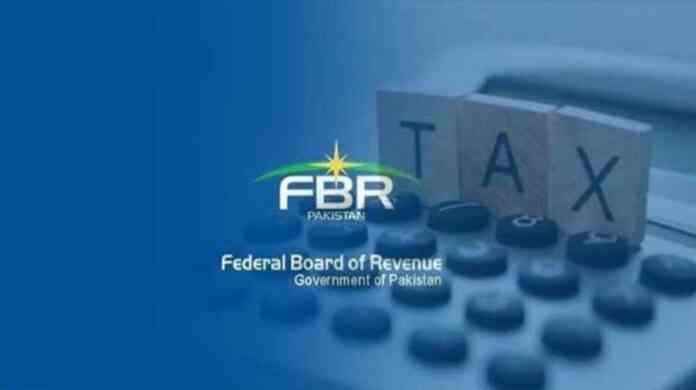Islamabad, June 9, 2025 – The Economic Survey 2024–25 has spotlighted a sweeping series of reforms undertaken by the Federal Board of Revenue (FBR) to modernize tax collection, enhance digital infrastructure, and crack down on smuggling and evasion.
These initiatives reflect the government’s broader vision to transform Pakistan’s revenue system, increase transparency, and strengthen enforcement.
At the core of this transformation is the FBR Reform Transformation Plan, approved by the Prime Minister in September 2024. The plan is structured around eight strategic work streams, including end-to-end value chain digitalization, policy reform, faceless assessment mechanisms, and the restructuring of anti-smuggling infrastructure. These reforms are expected to modernize tax administration and reduce reliance on manual processes that previously hampered efficiency and encouraged collusion.
Key pillars of the FBR reform agenda include:
• Digitalization of operations to improve taxpayer experience and ensure real-time data availability.
• Capacity-building through training, third-party audits, and expert hiring.
• Anti-smuggling initiatives such as the establishment of Digital Enforcement Stations (DES) at critical chokepoints.
• Robust policy reforms including stricter KYC compliance and penalties for non-filers.
The transformation is already yielding positive outcomes. Notably, tax collection from the sugar industry rose by 47%—an increase of PKR 12.4 billion—following the rollout of a digital production tracking system. Simultaneously, FBR blocked fraudulent sales tax claims worth PKR 9.8 billion using advanced analytics. The introduction of faceless assessment has slashed average customs clearance times by 80%, increasing revenue and eliminating corrupt practices.
The PRAL (Pakistan Revenue Automation Limited)—the digital arm of FBR—has been restructured under a new governance model, with a dedicated Advanced Analytics Hub established to support data-driven policy decisions. This is part of FBR’s commitment to long-term reform sustainability.
Legally, the Finance Act 2024 introduced new tax slabs, particularly targeting high-income earners and non-filers. Sections 236G and 236H have been expanded to cover all economic sectors, broadening the tax base. Meanwhile, progressive tax rates under 236C and 236K aim to better document and tax the real estate sector.
Additionally, the Customs Reform segment includes the deployment of a Cargo Tracking System (CTS) and nationwide implementation of the Faceless Customs Assessment (FCA). Since its launch in December 2024, the FCA system has reduced physical inspections by 62% and document requirements by 75%, while also cutting clearance times by nearly 83%.
The Compliance Risk Management (CRM) system is another key element of the FBR reform process. Using machine learning and behavioral analytics, the CRM identifies high-risk tax cases across Large, Medium, and Corporate tax offices. This ensures optimal allocation of audit resources and supports the FBR’s goal of risk-based, targeted enforcement.
To further boost revenue, the government has also introduced new Federal Excise Duties (FED). These include a 100% hike on cement (Rs. 4 per kg), and new FEDs on sugar (Rs. 15 per kg) and real estate transactions. Excise duty on international air travel has also been raised, with some rebates allowed for labor visa holders traveling to the GCC region.
The ongoing transformation reflects FBR’s reform trajectory aimed at building a transparent, tech-driven tax regime. These initiatives are not only strengthening Pakistan’s fiscal framework but also aligning it with global standards of tax administration and compliance. As implementation progresses, the full impact of these reforms is expected to bolster national revenue and drive sustainable economic growth.
